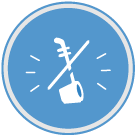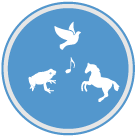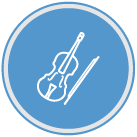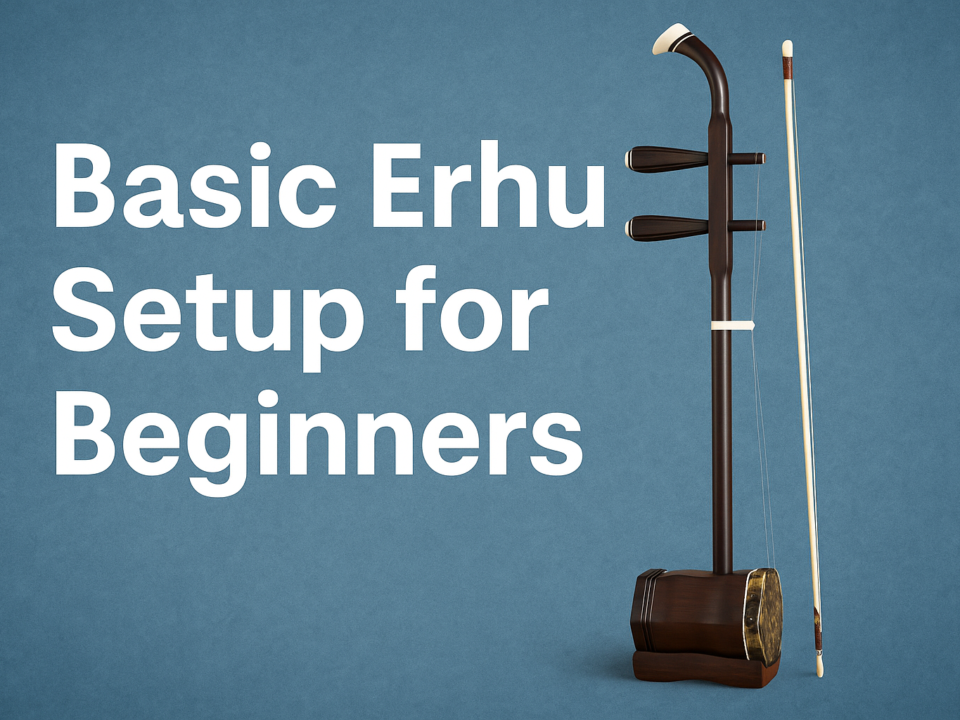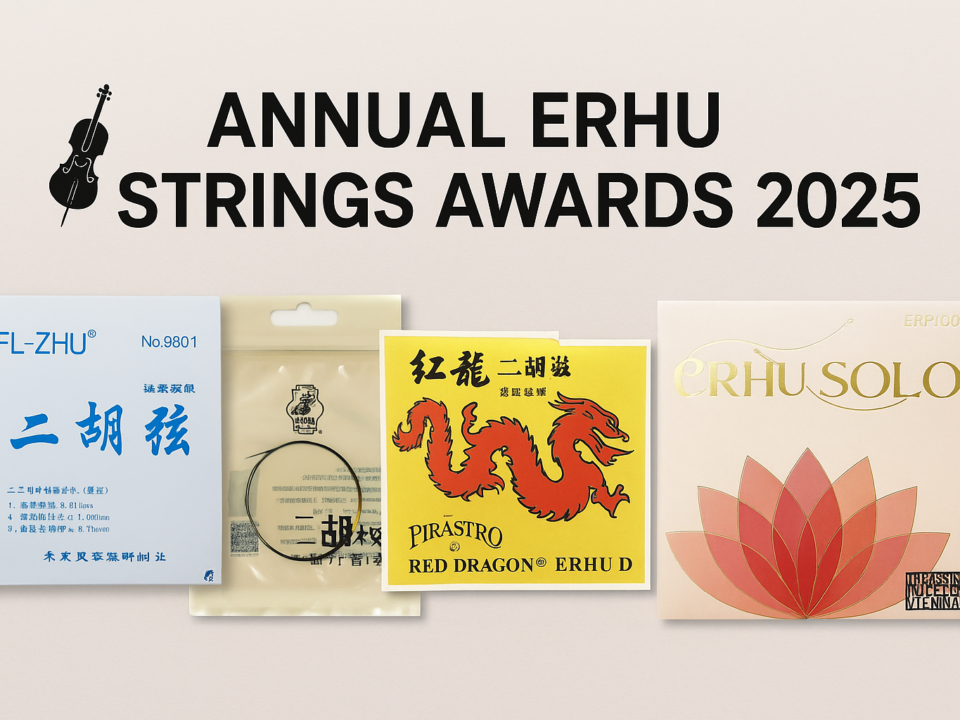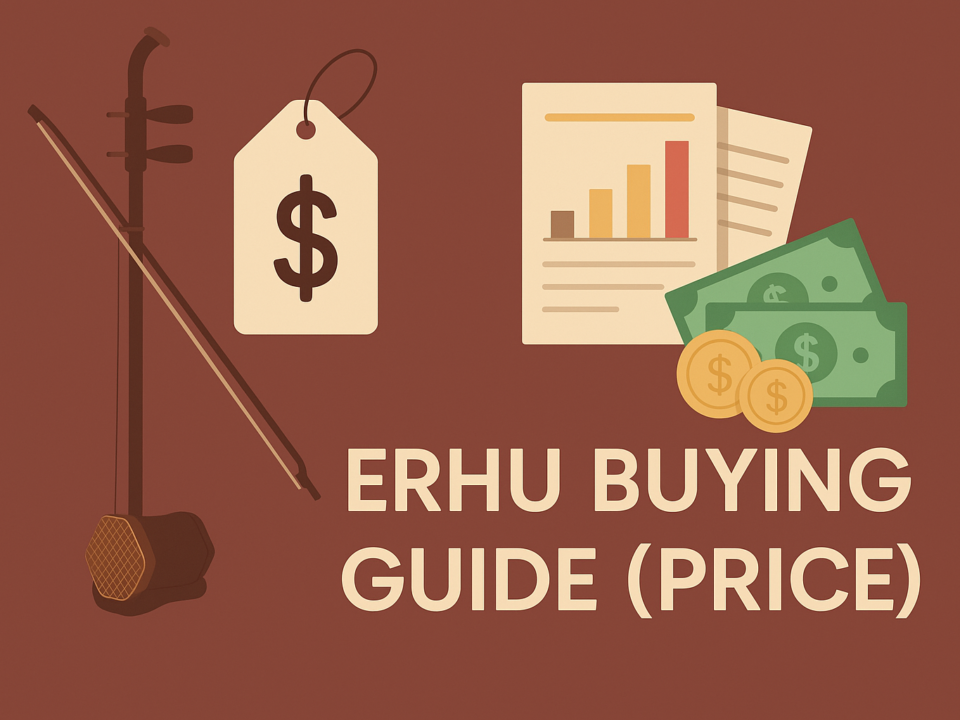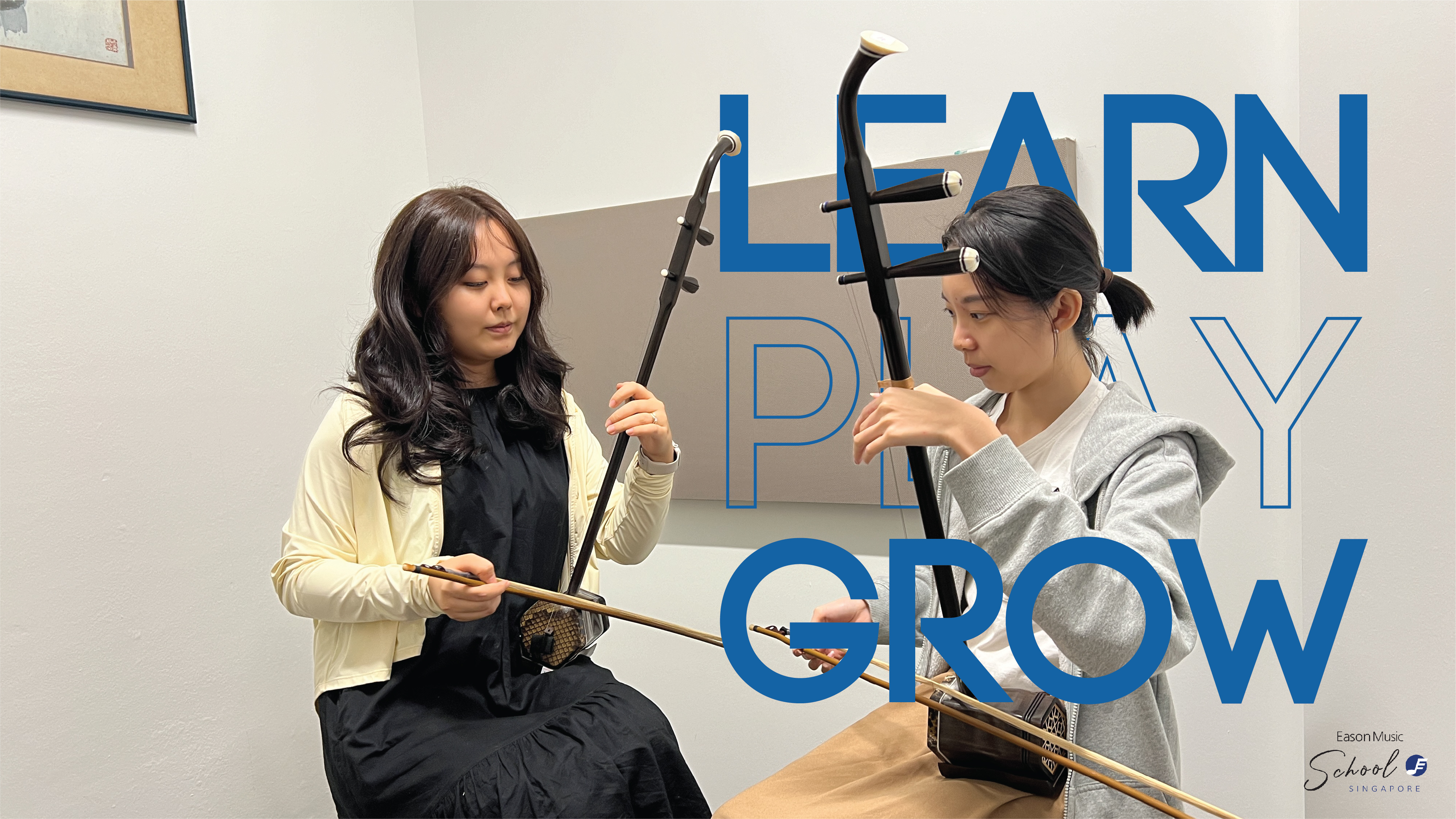
ERHU LESSONS SINGAPORE
Your Gateway to Enchanting Erhu Classes in Singapore
Professional Erhu Lessons in Singapore – Master the Chinese Violin. Whether you are a complete beginner or looking to refine your technique, Eason Music School offers structured Erhu lessons tailored to your pace. Known for its soul-stirring, human-like tone, the Erhu is one of the most popular traditional Chinese instruments. Our experienced instructors guide you through fundamental bowing techniques, fingering, and expressive vibrato.
Trial Lesson: $50 (1-on-1 consultation and hands-on session).
Beginner Course: $218 for 4 lessons (No deposit required).
Advanced Training: Specialized coaching for NAFA/TENG grade examinations up to $370.60.
Friendly Erhu Lessons
Your gateway to unlocking its mesmerising melodies!
An ancient gem of the Orchestra, right in your hands.
The Erhu possesses a unique ability to weave soulful and joyful tunes alike, creating an emotional symphony that touches hearts.
Unveil this extraordinary instrument with the guidance of our expert instructors.
Learning the Erhu can be challenging, especially when navigating it on your own.
REASONS TO LEARN THE ERHU
OUR LESSON OPTIONS
Trial Lesson
A one-time trial Erhu lesson for newcomers, providing an opportunity to experience the instrument and teaching style before committing to regular classes.
4-Lesson Package
For beginners seeking an introductory experience without a long-term commitment.
(No instrument needed)
Weekly Lessons
For players interested in continuing long-term for examinations or leisure purposes.
Others
We also offer customised lessons such as Singapore DSA preparations, grading exam preparations, competition preparations and many more!
CRAFT YOUR JOURNEY
TENG Syllabus
Grade 1:
Chan Mali Chan
小星星 Twinkle Twinkle Little Stars
凤阳花鼓 Fengyang Flower Drum Dance
男儿当自强 Man of Determination
Grade 2:
七部曲 In Seven Steps
Burung Kakak Tua
茉莉花 Jasmine
秧歌调 Yang Ge Melody
Grade 3:
天 Sky
Rasa Sayang
小花鼓 Little Flower Drum
拉骆驼 Herding Camels
Grade 4:
春江花月夜 Moonlight Of Spring River
良宵 Nocturne
光明行 March of Brightness
大河涨水沙浪沙 The River's Tide
Grade 5:
阿美族舞曲 Dance of the Ami Tribe
喜送公粮 Harvest Happiness
听松 Listening To The Pines
紫竹调 Purple Bamboo Tune
Grade 6:
空山鸟语 Songs Of Birds In A Desolate Mountain
春诗 Spring Poetry
苏南小曲 Sunan Ditty
秦风 Qin Feng
Grade 7:
河南小曲 Ditty of Henan
二泉映月 Reflections of the Moon on Erquan
洪湖人民的心愿 Hopes of Honghu People
江南春色 Spring Scenery of Jiang Nan
Grade 8:
汉宫秋月 Autumn Moon Over The Han Palace
长城随想 第三乐章 - 忠魂祭 The Great Wall Capriccio Third Movement - Memorial Ceremony For Fallen Defenders
阳关三叠 Three Variations Of The Parting At Yangguan
兰花花叙事曲 The Lan Hua Hua Rhapsody
NAFA Syllabus
Grade 1:
田园春色
萧
凤阳花鼓
迷胡小调
西藏舞曲
长城谣
Grade 2:
小花鼓
黄水谣
沂蒙山小调
窗音
快乐的校园
春雨
Grade 3:
山村变了样
良宵
赛马
喜唱丰收
拉路驼
新农村
Grade 4:
光明行
奔驰在千里草原
喜送公粮
赶集
北京有个金太阳
Grade 5:
翻身歌
空山鸟语
烛影摇红
陕北抒怀
流波曲
Grade 6:
葡萄熟了
江南春色
月夜
江河水
听松
Grade 7:
春诗
豫北叙事曲
草原新牧民
洪湖人民的心愿
Grade 8:
秦腔主题随想曲
三门峡畅想曲
二泉映月
病中吟
Grade 9:
一枝花
蓝花花叙事曲
新婚别 (叙事曲)
长城随想
Performance Diploma:
阳光照耀着塔什库尔干
第一二胡狂想曲
流浪者之歌
贵妃情
MEET OUR TEACHERS
At Eason Music, we understand your musical journey,
and that's why we've gathered a team of seasoned Erhu instructors dedicated to lighting your path.
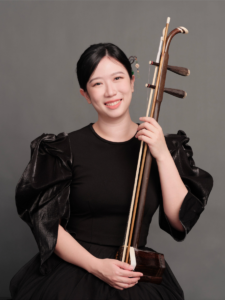
Deborah Siok
A young home-grown erhu musician, Deborah Siok has performed extensively in the local music scene and has won top prizes in competitions organized by the National Arts Council as well as the Singapore Chinese Orchestra.
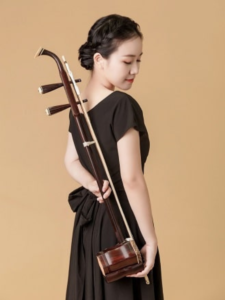
Guo Xiaojin
Guo Xiaojin was born in Guangdong Province, China, and began her musical journey at the age of four with the piano before picking up the Erhu at six. She received guidance from renowned Erhu artists, including Zhang Lei, Liu Hong, Zhang Zunlian, and Zhu Lin, during her early training.
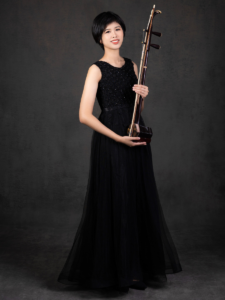
Koh Yu Jie
Koh Yu Jie started learning the erhu at age 9 under the tutelage of renowned Erhu master Zhang Yu Ming. She holds a Certificate of Diploma in the Chinese Instrumental Examinations of both the National University of Singapore (NUS) Centre of the Arts and the Central Conservatory of Music (CCOM).
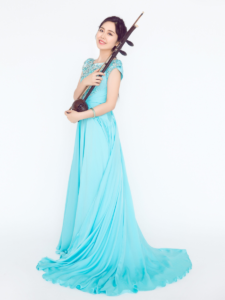
Wang Siqi
Wang Siqi began to learn Erhu performance at the age of 4. She followed Professor Zhu Jiangbo to learn erhu performance at the age of 7. During this period, she received careful instruction from Mr. Ye Qiang and Ms. Liu Hong.
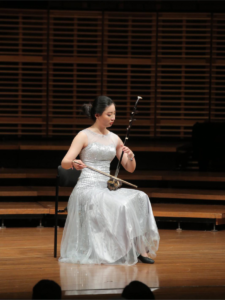
Wang Zhi Jun
Wang Zhi Jun started learning the ErHu and painting at the age of six. In 2010, Wang with honor Admitted to the Middle School Affiliated to the National Academy of Chinese Theatre Arts in Beijing to further her Erhu studies, under Professor Yan Jiemin in Central Conservatory of Music University.
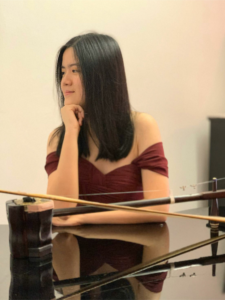
Chen Ning
Chen Ning started learning the erhu at the tender age of 10, under the tutelage of Xu Wenjing. Her keen interest in the instrument led her to join the Nanyang Primary School’s Chinese Orchestra and consequently, the Nanyang Girls’ High School Chinese Orchestra, where she was appointed sectional leader and concertmaster.
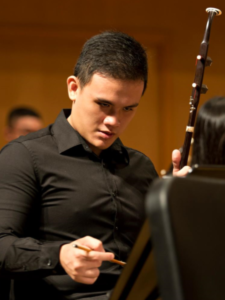
Fong Liyang
Fong Liyang started learning the erhu at the age of 9, under Mr Liu Chong Zheng. A keen learner, Liyang obtained diploma certification in erhu at the age of 15. He then joined the Nanyang Academy of Fine Arts and furthered his studies in erhu performance under the tutelage of the Singapore Chinese Orchestra’s concert master, Mr Li Bao Shun.
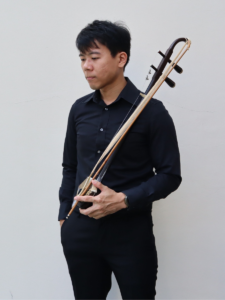
Liu Zhen Sin
Liu Zhen Sin began learning the Erhu when he joined Keming Primary School Chinese Orchestra at 7 years old. Currently, he is under the tutelage of Mr Neo Yong Soon Wilson, a Zhonghu musician from the Singapore Chinese Orchestra.

Lim Ee Teck
While Ee Teck only began learning the Erhu at the age of 12, he quickly grown to become an accomplished musician alongside his peers, under the tutelage of Mr Wilson Neo.
OUR STUDENTS
Book a Trial
Not sure if the instrument is for you?
Have a trial lesson with us to find out more about our instruments and get to know your teacher.
Contact Us
Have some questions for us?
Contact us below and we will be glad to answer them!
Frequently Asked Questions
The Erhu is an instrument that is hard to pick up. One of the bottlenecks when learning the Erhu is getting used to the posture of the right hand, which you hold the bow with.
Another is with the left hand. Unlike our western counterpart the violin, Erhu does not have a fret board. It will be more challenging for learners to find and remember the position of notes and how much force to use for every note to find the correct intonation. In exchange, we have a number of techniques that are unique to the Erhu which the violin is unable to perform.
Having said that, the Erhu is an extremely rewarding and satisfying instrument to learn. An instructor can definitely make your learning much more simple and enjoyable!
The Erhu may not as loud as you might think! According to empirical research, the Erhu played at a forte level is about 80-90dB, which translates to somewhat louder than a conversation, which is about 60dB, when played at a normal level.
If you are afraid that the volume might affect your family or neighbours, the Erhu has a mute which suppresses almost half of your playing volume.
The Erhu is made up of 2 main parts. The bow and the instrument. The bow is made using either wood or bamboo, with the latter being more common. The hair of the bow is made of horsehair.
The whole instrument (pegs, body and resonating box/chamber) is made of one type of wood. Common wood types used to make Erhus are Ebony wood, Rosewood and Sandalwood. In the past, it is common to see tuning pegs are made with different wood than the main body.
Some Erhus are installed/fitted with mechanical bronze tuners. These are not as common now and the design of these bronze tuners differ between the region it is made in, such as Shanghai and Beijing.
Similar to the head of the Erhu, tuning pegs often have decorative ends that are made with plastic. In the past, they are also made with of ivory or even bone, but has since been discontinued.
The decorative piece of the Erhu's resonating box/chamber is made out of a different type of wood than the main body. The most vital part of the instrument responsible for producing the sound and vibrations of the instrument is located on the other side, which is the snakeskin.
The strings were made of silk in the past. Now, we use steel strings and some have gold or silver coated on them.
WHY EASON MUSIC
LEARN MORE ABOUT THE ERHU


